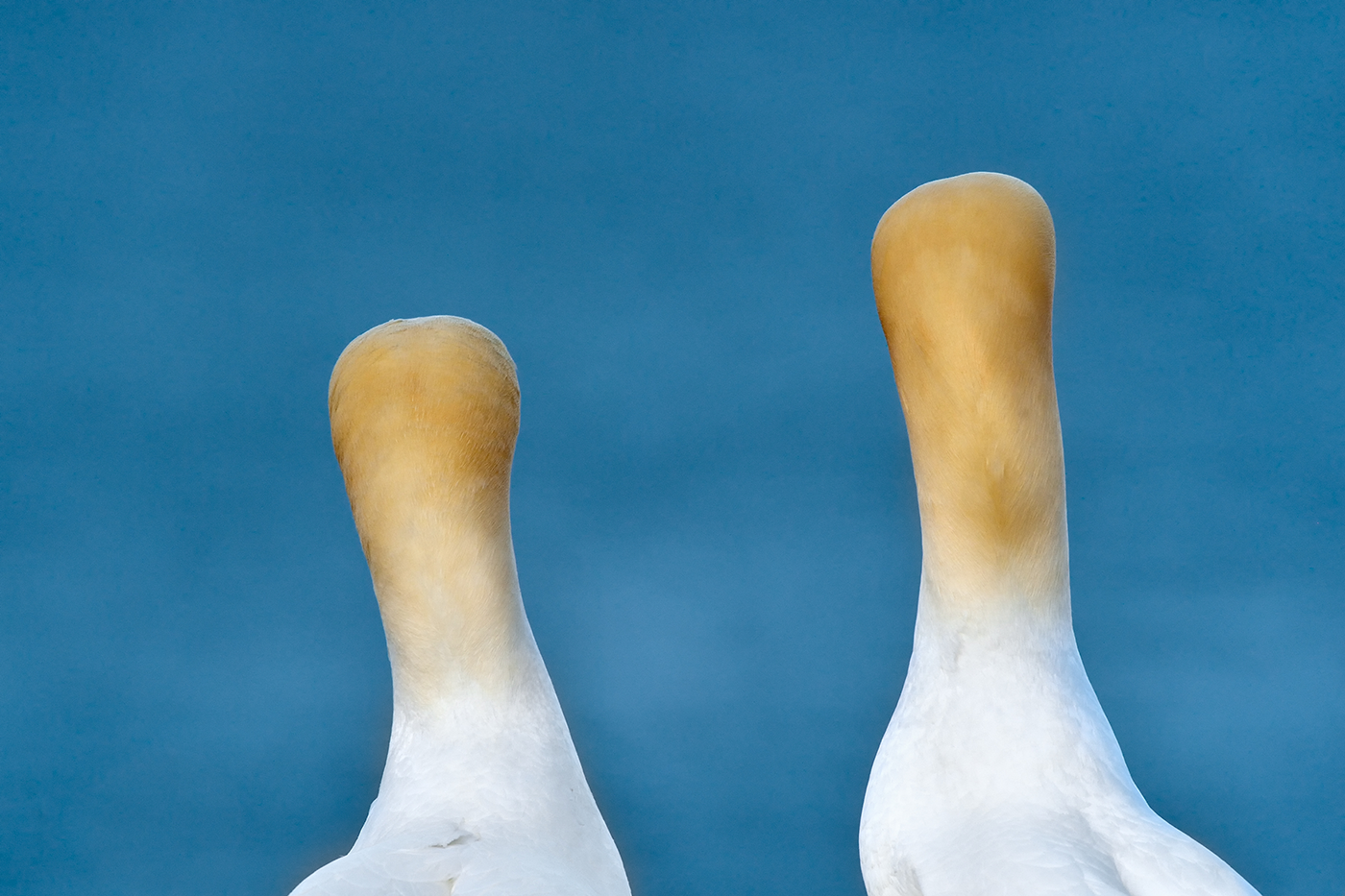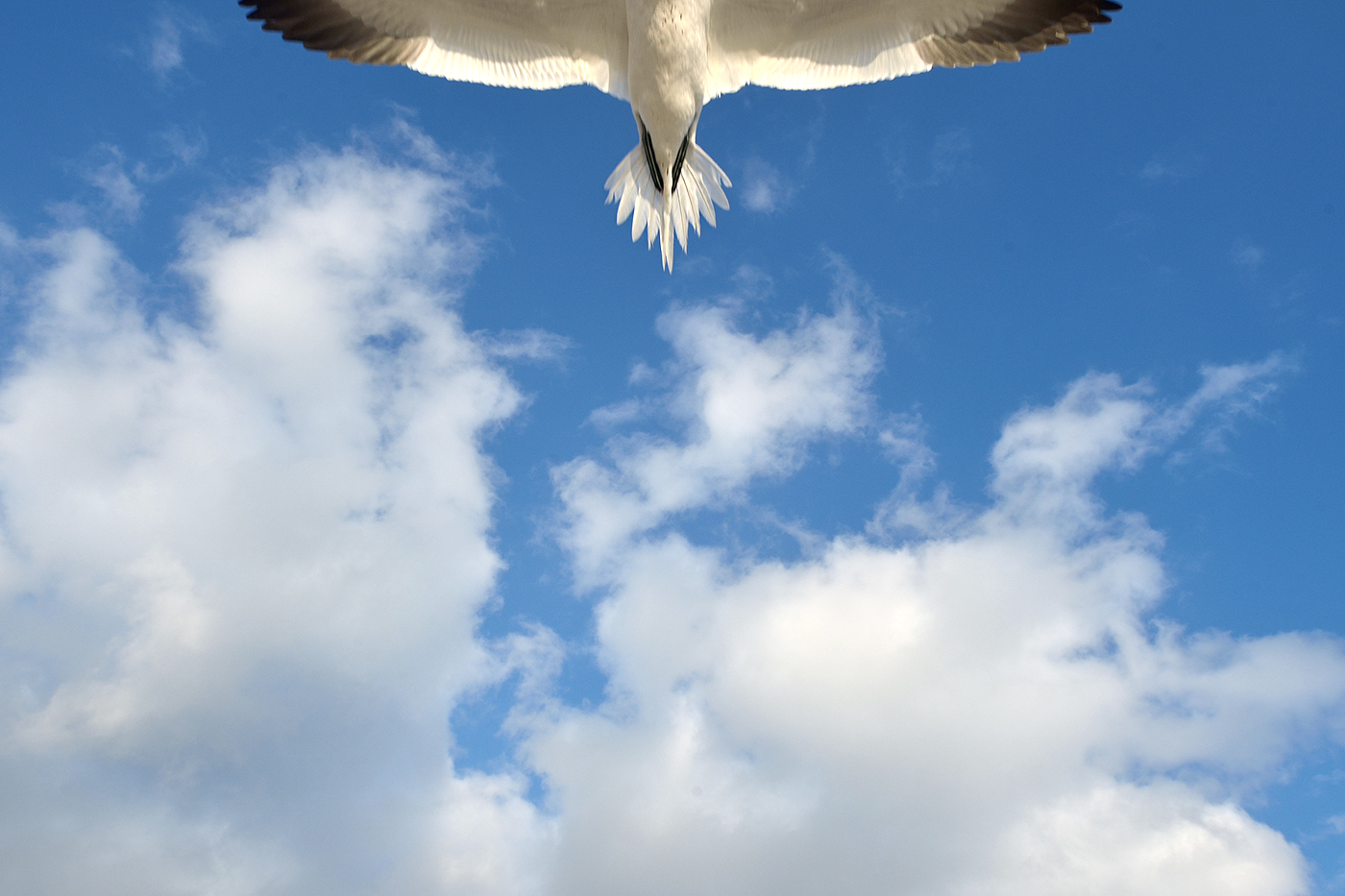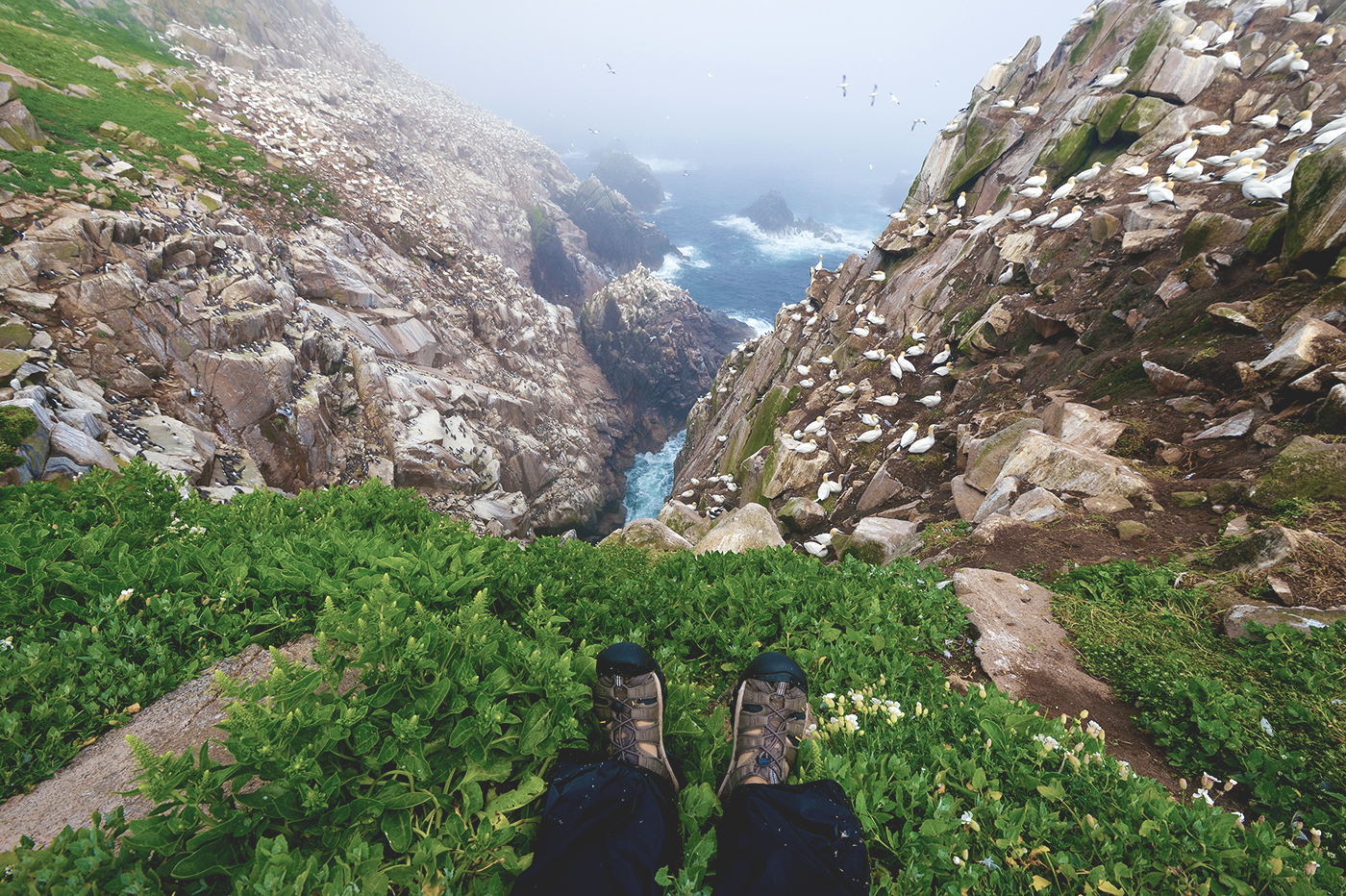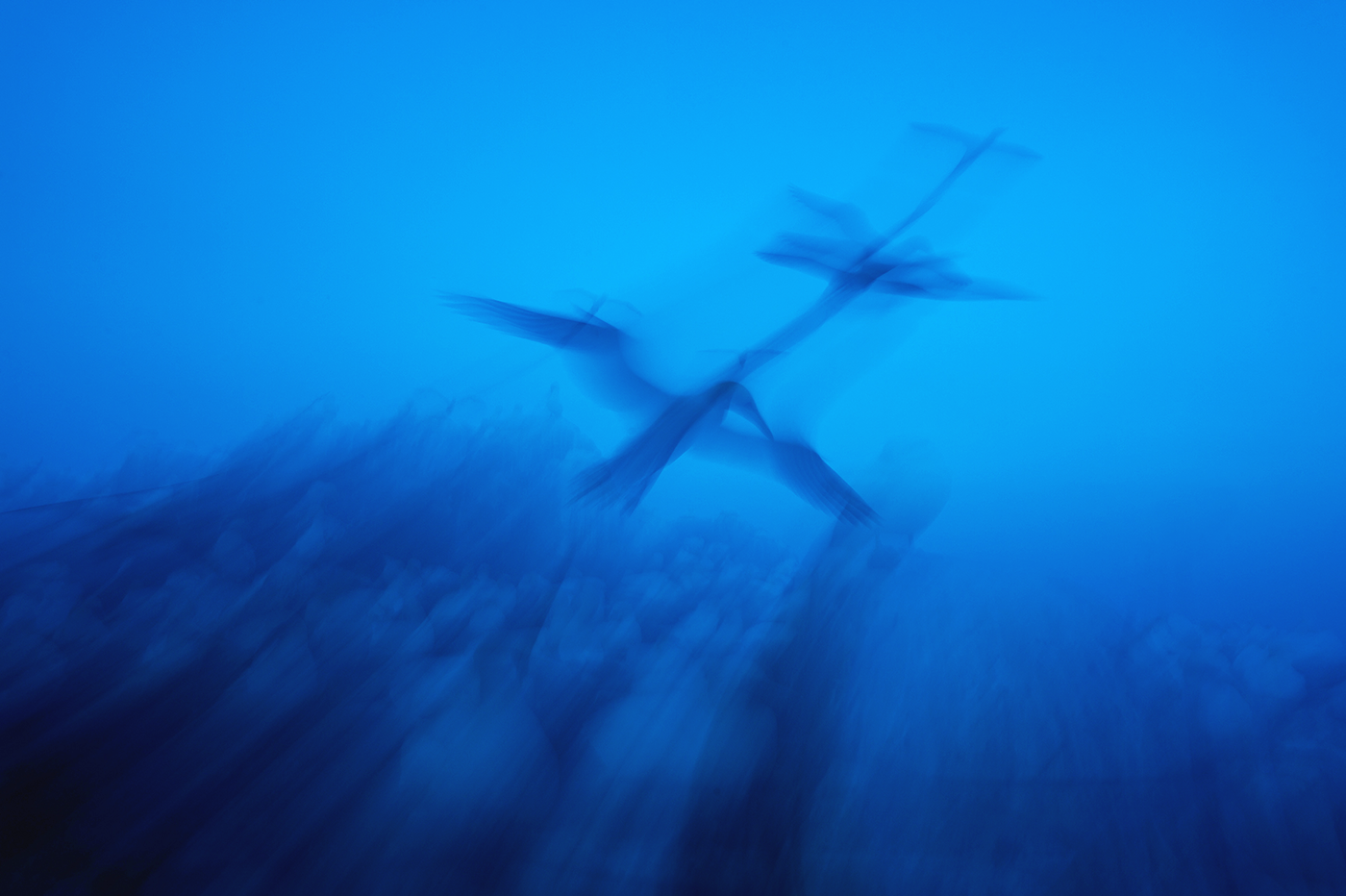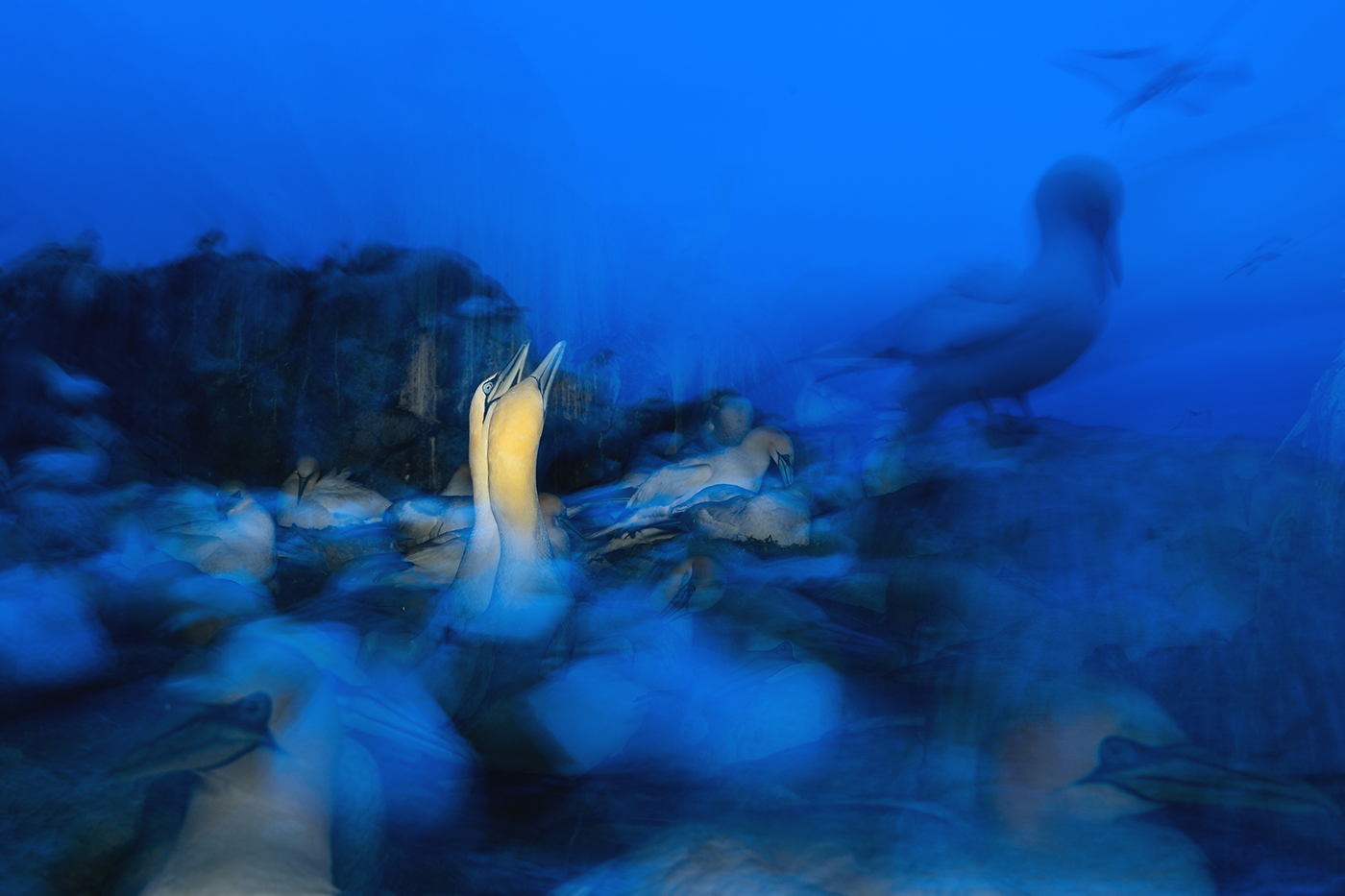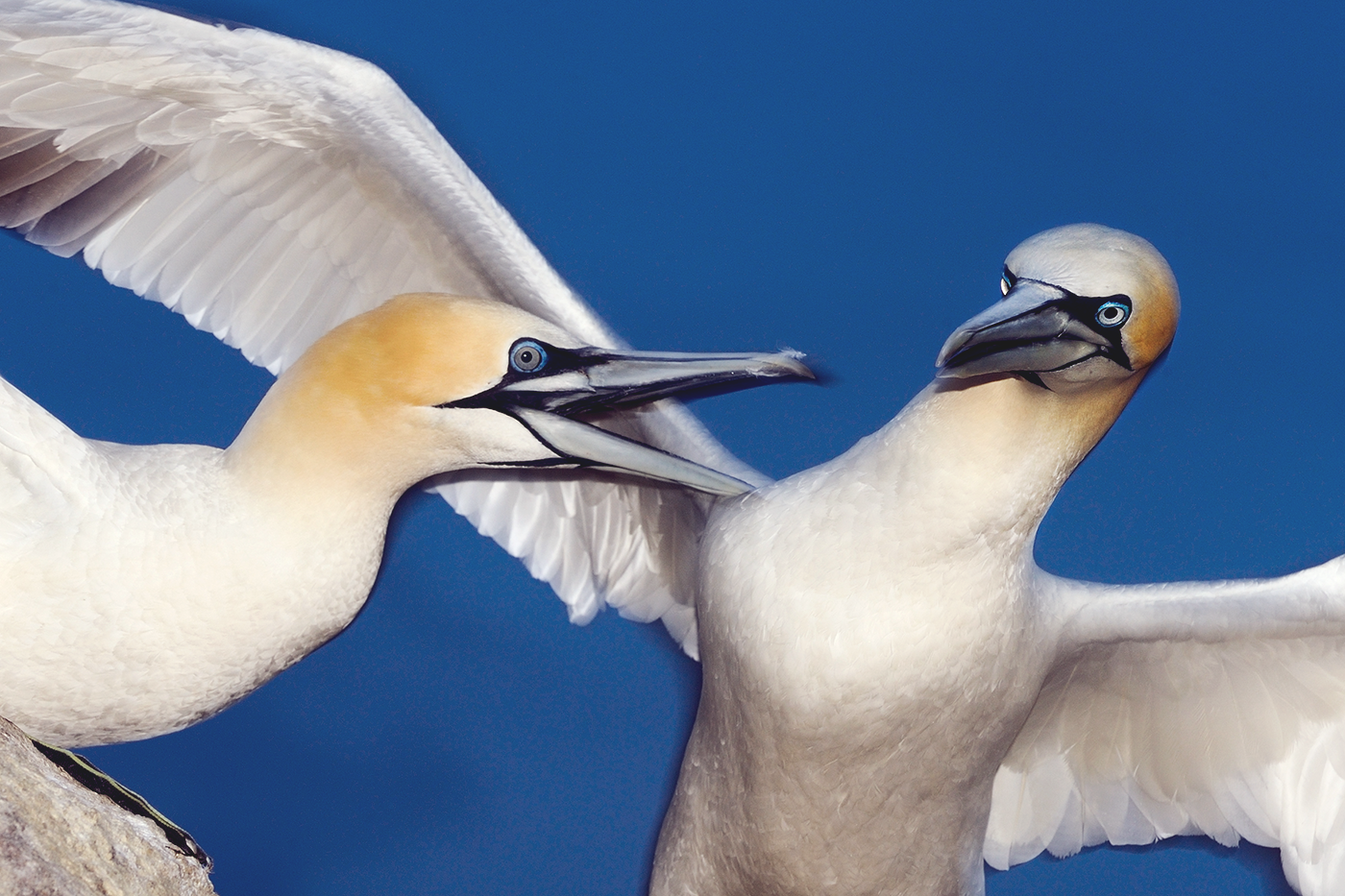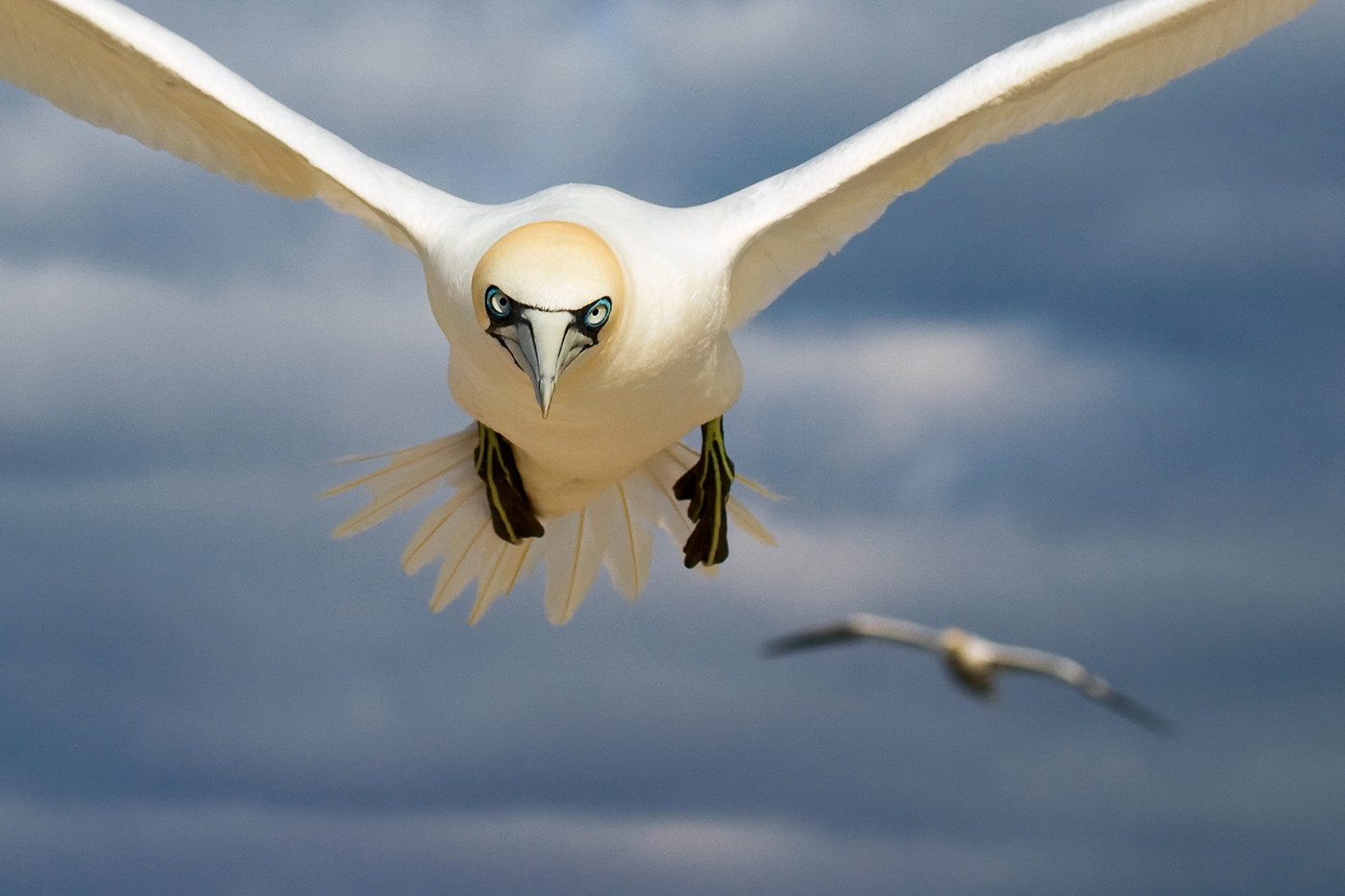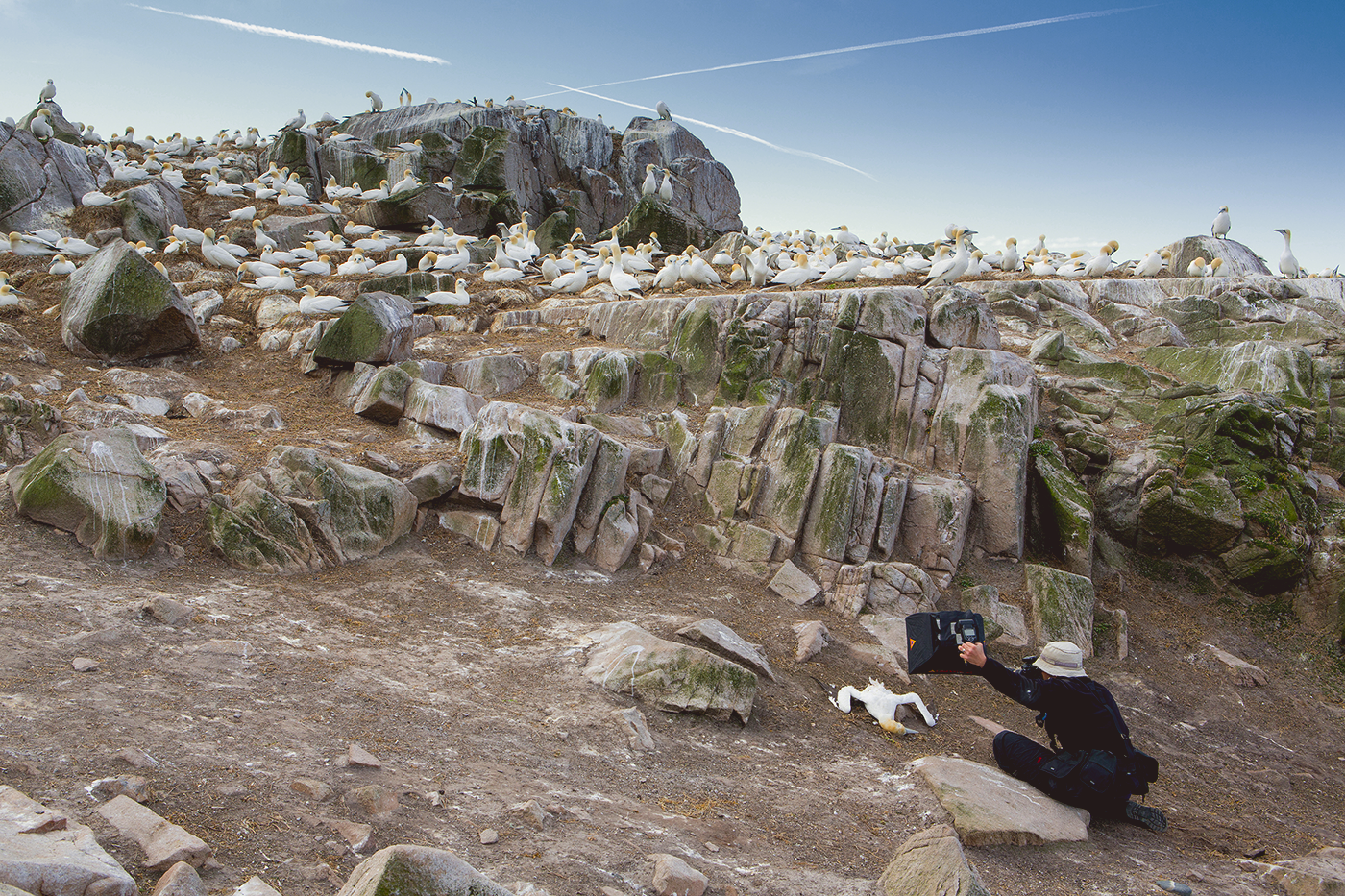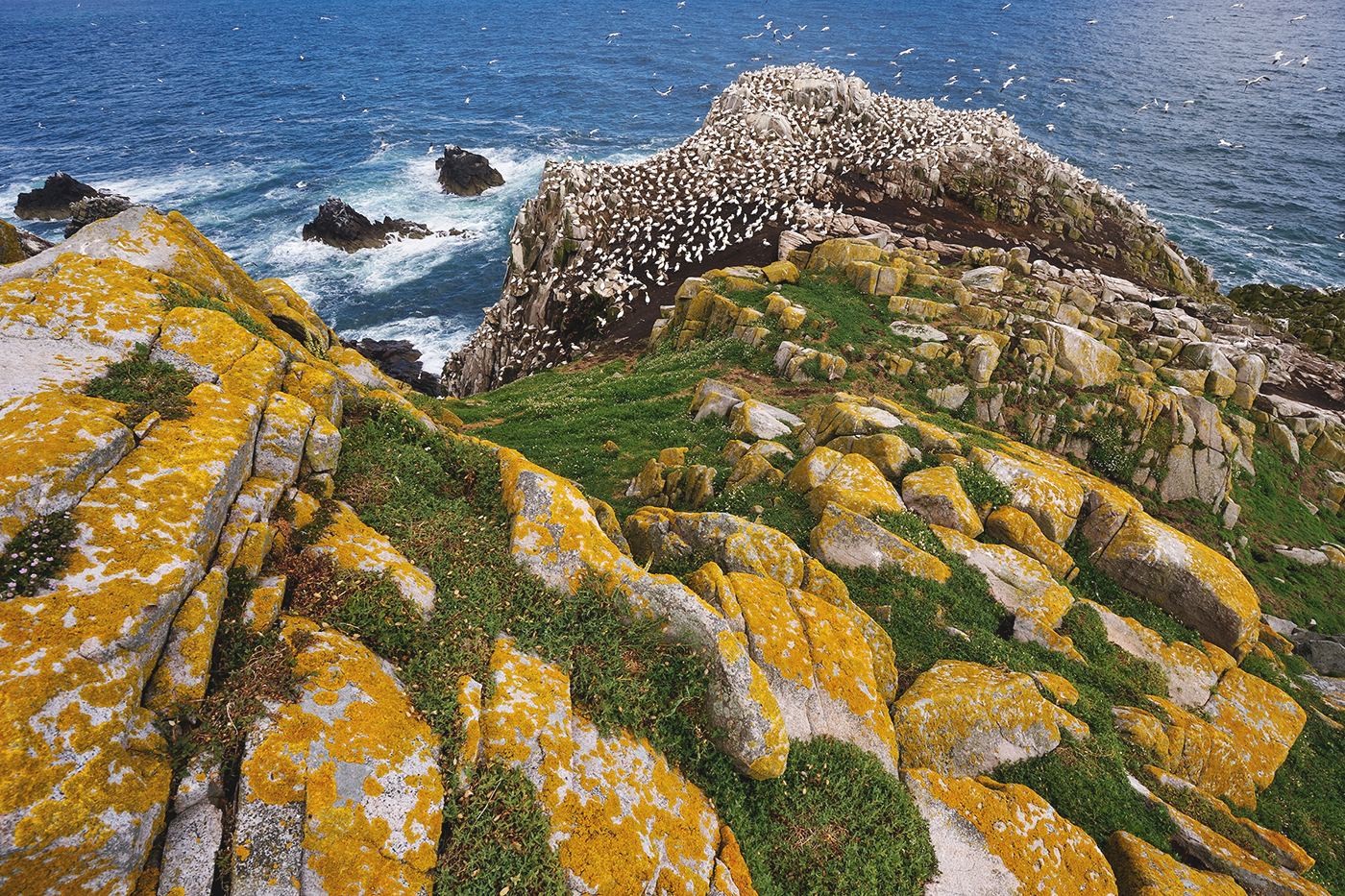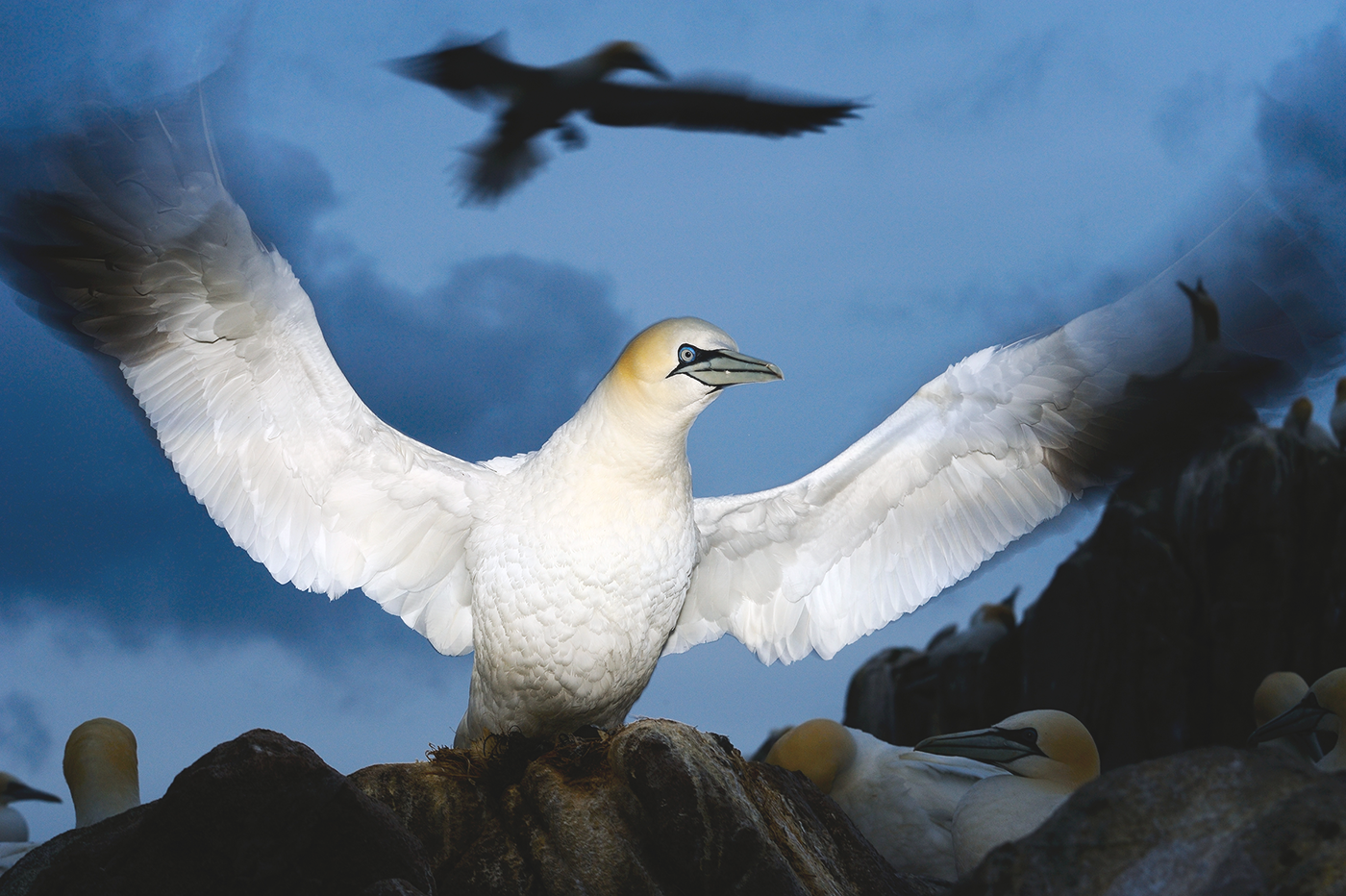Have you ever looked at a macaque’s fingerprints, or the tail of an arctic tern? As a wildlife photographer, I have come to see my job as reclaiming these kinds of unusual perspectives on nature, to provide viewers with a moment of aesthetic surprise. Although readers are inundated with images of the natural world in newspapers, magazines, ad campaigns, and social media, I have the impression that they have lost touch with the environment. I encourage people to pay attention to it by exploiting the unlikely.
When I think about taking the perfect photograph, I think about making bouillabaisse, a traditional Provençal fish soup originating from the port city of Marseille. Cooked from what was once considered the dregs of the catch, this dish has risen to become a culinary treat of the highest order. It brings together humble ingredients like fish bones and vegetables with a complex mix of herbs and spices such as garlic, bay leaf, fennel, orange peel, and saffron. It is not the sophistication of the ingredients that gives the soup its rich and surprisingly aromatic quality, but rather how the chef makes them work together, with time and talent.
The same applies to photography: You don’t need to travel to exotic destinations or wait for a particular behavioral display in order to find unlikely images. Increasingly I find that my pictures demand a recipe, a faithfulness to internal, rather than external, ideas—a way of being open to nature’s flourishing, but also of anticipating, not simply reacting to it. Nature photographers work with unpredictable subjects, over which they have hardly any control. But if they do not expect the unexpected, it’s unlikely that they will find it.
When I think about taking the perfect photograph, I think about making bouillabaisse, a traditional Provençal fish soup originating from the port city of Marseille.
I often receive questions about the time I spend in the field, sweating on the arrival of the right moment. A friend will ask, “How do you know what you’re waiting for?” Most people assume that I must have an incredible amount of patience, but I don’t think patience is the right word. Time spent in anticipation is often productive. I remember hiding out in a canal one spring in my native Holland, lying in wait for days for a great-crested grebe to lay an egg. But before that happened, there was so much more to see. I observed the bird as a part of its habitat, including its interaction with predators such as herons and pike. A neighboring coot would swim by, a bit too close for comfort for the nesting grebe, who would vigorously defend its territory. I wasn’t killing time so much as learning to appreciate the ecosystem as a whole.
I reached a turning point some years ago, when a friend of mine, the photographer Bart Breet, asked if I would like to join him to take pictures of gannets, the large sea-birds that inhabit massive colonies along the Atlantic coast. I was intrigued enough to travel with him to Great Saltee, a remote, unpeopled island off the southeast coast of Ireland. For a week we were surrounded by the magnificent birds, whose distinguished posture made their courtship rituals look like a stately ballet. I wanted my images to distill the feeling of being brought to the shore by a local fisherman just before dawn, the sound of the gannets nesting atop a cliff, and the gentle set of their faces.
But on my return, I discovered that my photographs showed none of that atmosphere. They were technically well-executed, but looked to me like meaningless, two-dimensional portraits. In my pursuit of the perfect image, I had failed to think about the idea I wanted to communicate as distinct from the moment I was capturing. So, in 2009, four years after my first visit, I traveled back to Great Saltee.
If they do not expect the unexpected, it’s unlikely that they will find it.
Once again, I submerged myself amidst the nesting gannets. At first they seemed surprised by their intruder and acted a little wary. But, as I avoided eye contact, moved with caution, and spoke softly to them, they came to accept me. The intruder became a guest. Soon they didn’t pay attention to me at all, too busy arguing with their neighbors.
I took my camera and started shooting the scenes that revealed themselves in front of me. At first my pictures were messy, with too many details, too many elements. But then I realized that the colony itself and the chaotic atmosphere were not hurdles to overcome, within which the unexpected moment lay hidden, but were instead the key elements of the surprising story that I wanted to share with others. I brought in an artificial light source to highlight the dynamics of one part of the colony, and my images came alive. From the day I revisited the gannets, surprise became part of my identity as a photographer. I had my recipe; I only needed time for its flavors to permeate and evolve.
Jasper Doest is a widely published, award-winning wildlife photographer from the Netherlands.

























